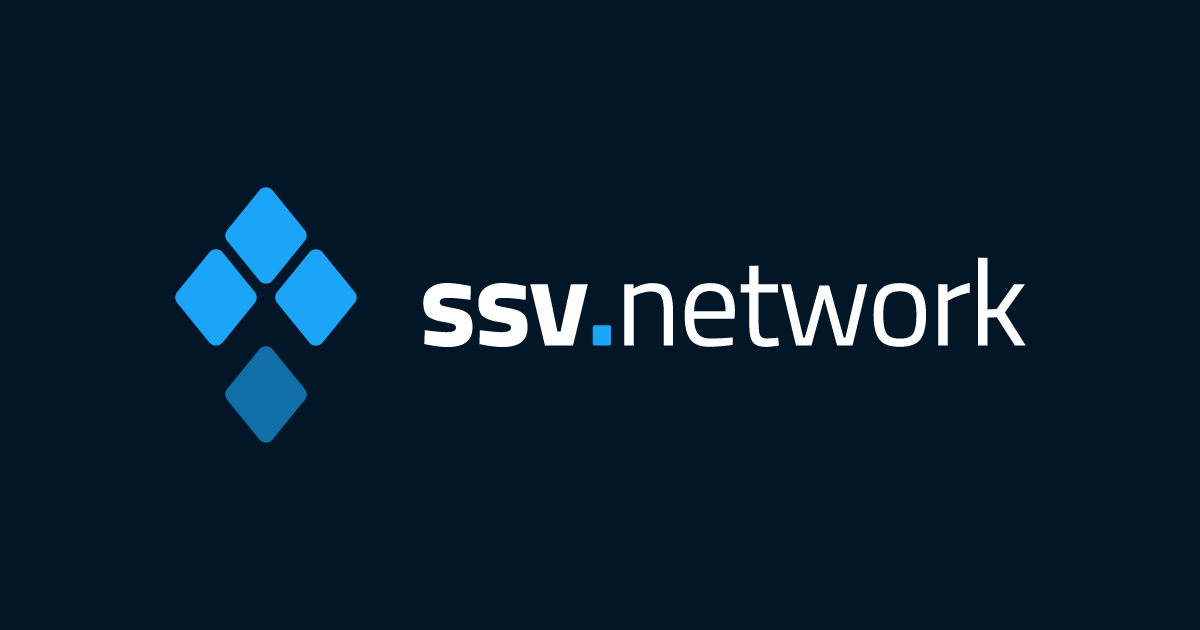SSV.Network has announced a roadmap aimed at significantly reducing hardware requirements for its more than 20,000 validators onboarded in four months of operation.
The rapidly expanding decentralized validator technology (DVT) platform is thus responding to concerns over escalating hardware costs for node operators.
Roadmap tackles cryptography, consensus, and networking optimizations
The SSV Labs team said it aims to slash hardware requirements by 75-90% over the next 12 months with a roadmap unfolding across several phases, encompassing cryptography, consensus, and networking optimizations.
Alon Muroch, CEO of BloxStaking and Lead of SSV.Network, explained in a blog post that the journey towards optimization began earlier this year with cryptography enhancements, which included transitioning from BLS12-381 signatures to RSA signatures to align more closely with Ethereum technology and improve performance.
RSA signature verification was found to be 55 times faster than its predecessor and the adoption of more efficient RSA libraries further expedited signature verification, achieving a 98% reduction in processing time.
The blog post, which was co-written by four more SSV.Network members (Matheus, Moshe, Gal, and Robert), also points to Q3 as the next phase, focusing on consensus improvements, including the introduction of a committee-based consensus.
Committee-based consensus should allow clusters of operators to consolidate their efforts and reduce the number of messages exchanged within the network. Preliminary simulations indicate a potential reduction of up to 87% in message volume.
SSV.Network is also addressing networking inefficiencies through the optimization of its network topology. By strategically mapping validators to topics based on cluster affiliation, the platform aims to minimize the burden on individual operators while maintaining network robustness. Message processing could be reduced by 98%.
With projections indicating a milestone of 50,000 validators within the next year, the platform’s scaling roadmap represents a crucial step toward achieving this vision.
SSV.Network reaches $2 billion TVL through staked ETH
SSV.Network recently announced its new milestone: $2 billion in Total Value Locked (TVL) through staked ETH. SSV formed a strategic partnership with Ether.Fi, incorporating its distributed validator technology (DVT) into their restaking platform.
Over a span of just 30 days, the TVL in Ethereum staked through SSV’s decentralized protocol has doubled, now exceeding $2 billion. This surge indicates a doubling in the number of Ethereum validators utilizing SSV’s services, now totaling more than 19,000. The SSV Network protocol currently safeguards over 568,000 ETH, managed by nearly 400 node operators, which includes top-tier staking providers.
Ether.Fi has recently integrated SSV’s Distributed Validator Technology (DVT) into its restaking services. This integration decentralizes and enhances the fault tolerance of Ether.Fi’s staking operations.
The integration of SSV’s DVT allows any staking application to connect with a worldwide network of high-performance node operators. This connection enables Ether.Fi to diversify its node operator base geographically, thereby strengthening the security of the ETH staked on Ethereum’s foundational layer.


